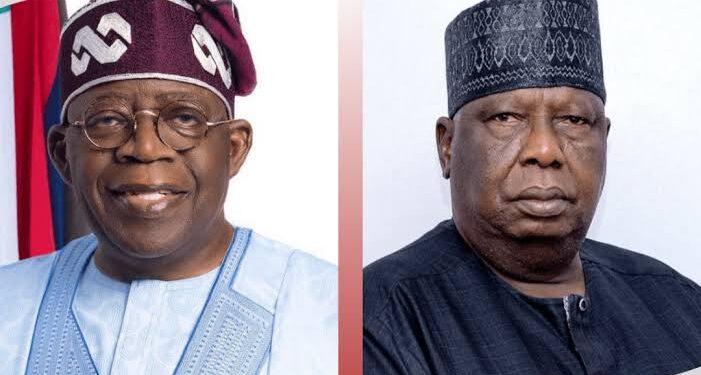The Arewa Youths for Peace and Security has called for a reinvestigation into the controversial arrest of ₦32 million in new currency notes by operatives of the Police Zone 7 Headquarters.
The group alleges the case involves illegal diversion of minted cash from the Nigerian Security Printing and Minting Company (NSPMC) and the Central Bank of Nigeria (CBN) on Saturdays.
Zainab Usman, the group’s head of investigations, stated that their findings suggest a broader scheme of economic sabotage, criticizing the initial trial conducted under the Inspector General of Police as a “kangaroo process.”
Usman claimed the case was mishandled to shield high-ranking police officials while targeting a Deputy Superintendent of Police (DSP) for dismissal without cause.
“We call on the National Security Adviser, the Chairman of the Police Service Commission, the Minister of Police Affairs, and the Director-General of the Department of State Services (DSS) to reopen this case and conduct a fresh, inter-agency investigation,” Usman said.
“Rather than commending vigilant officers, the police authorities have taken punitive actions that undermine efforts to safeguard our economy.”
The group alleges that suspects arrested in connection with the ₦32 million had confessed to stealing the cash from the CBN and NSPMC during initial interrogations.
However, the Arewa Youths expressed concerns about discrepancies in the disciplinary actions taken. They questioned why the Assistant Inspector General (AIG) involved in the case received a mere warning, while the DSP, an Igbo officer, faces dismissal.
“There are also allegations of intimidation by a commissioner of the Police Service Commission, who reportedly threatened one of the officers for arresting members of the cartel,” Usman added.
The group highlighted the suspicious nature of the case, noting that the cash exceeded the permissible ₦15 million transport limit through airports.
Additionally, the suspects reportedly failed to provide transaction receipts for the money.
The Arewa Youths for Peace and Security described the incident as a grave economic threat at a time when cash scarcity is affecting the nation’s banking system.
Group urged the authorities to commend officers who act against economic sabotage, rather than dismissing them under questionable circumstances.
“Nigeria is greater than any individual,” the group said, calling for accountability and transparency in resolving the matter.









